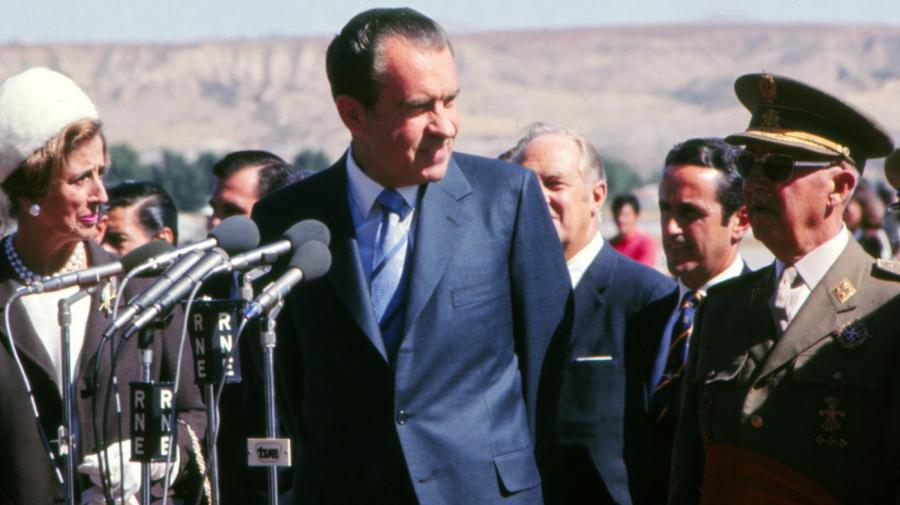Why Was Richard Nixon Considered a Bad President?

When Richard Nixon resigned in 1974, he was widely disliked as a consequence of the Watergate scandal. Although some consider him to have a few redeeming qualities, Watergate is conceded to be evidence of his being unfit to lead, hence his resignation.
The Watergate scandal is Nixon’s most egregious offense as president. The Watergate scandal is shorthand for a number of abuses of power that occurred during Nixon’s presidency, including the Nixon administration’s use of illegal audio surveillance to spy on political opponents. Additionally, Nixon ordered the Federal Bureau of Investigation, Central Intelligence Agency, and Internal Revenue Service to harass activists and political figures.
The Washington Post’s Michael Lind argues that Nixon is the “third-worst president… a criminal in the White House who is still the only commander in chief ever to resign.” Lind cites a Nixon quotation, “Well, when the president does it, that means it is not illegal” to support his claim of Nixon’s corruption and ineptitude.
Although the Watergate scandal is almost universally reviled, others defend Nixon based on his unrelated contributions. The Telegraph’s Jonathan Aitken argues that Nixon made great achievements in foreign policy in regard to the United States’ relationship with China. Aitken also notes that Nixon desegregated Southern schools and ended the compulsory draft.





